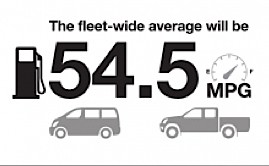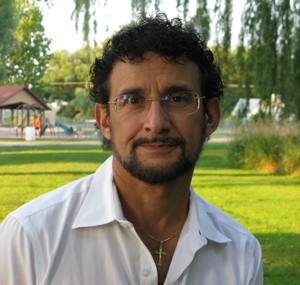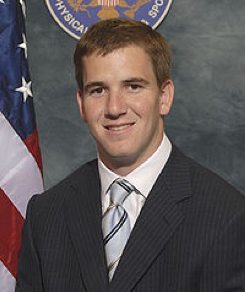
Evangelical, Roman Catholic, mainline Protestant and other Christian leaders joined together to creating a “Circle of Protection” for the poor and vulnerable during this season’s budget debate. Representing more than 50 Christian groups, a joint statement released by the leaders three months ago provided a unified Christian voice at the start of the American budget debate.
“As Christian leaders, we are committed to fiscal responsibility and shared sacrifice. We are also committed to resist budget cuts that undermine the lives, dignity, and rights of poor and vulnerable people. Therefore, we join with others to form a Circle of Protection around programs that meet the essential needs of hungry and poor people at home and abroad.”
| Leith Anderson- President, National Association of Evangelicals
Dr. Carroll A. Baltimore Sr. – Pres., Progressive National Baptist Church
Geoffrey Black – Minister and President, United Church of Christ
Bishop Stephen E. Blaire of Stockton US Conference of Catholic Bishops
Bishop Charles E. Blake Bishop, Church of God in Christ
Bishop John R. Bryant African Methodist Episcopal Church
J. Ron Byler – Executive Director, Mennonite Central Committee US
Patrick Carolyn, Franciscan Action Net
Rev. Peg Chemberlin- President, National Council of Churches of Christ
Rev. Luis Cortes, Jr. Pres., Esperanza
Joseph Flanagan – Pres., Natl Council of US Society of St. Vincent de Paul
Wes Granberg-Michaelson – General Sec., Reformed Church in America
Bishop Mark S. Hanson – Evangelical Lutheran Church in America
Bishop Thomas L. Hoyt, Jr. Christian Methodist Episcopal Church
Bishop Howard J. Hubbard Cmte. Chair, US Conf. of Catholic Bishops
Michael Kinnamon – Gen. Secretary, National Council of Churches of Christ
The Very Reverend Leonid Kishkovsky Orthodox Church in America
A. Roy Medley -General Secretary, American Baptist Churches USA
John A. Nunes – President and CEO, Lutheran World Relief
See more signatories at:
www.circleofprotection.us/ |
They charge politicians in both parties with failing to bring moral leadership to the budget debate. In the words of the Christian leaders:
“These choices are economic, political—and moral. As Christians, we believe the moral measure of the debate is how the most poor and vulnerable people fare. We look at every budget proposal from the bottom up—how it treats those Jesus called “the least of these” (Matthew 25:45). They do not have powerful lobbies, but they have the most compelling claim on our consciences and common resources. The Christian community has an obligation to help them be heard, to join with others to insist that programs that serve the most vulnerable in our nation and around the world are protected.”
Congress has been wrangling for months over the 2012 budget and raising the ceiling on the national debt to pay its bills. According to the Christian leaders’ statement:
“Budgets are moral documents, and how we reduce future deficits are historic and defining moral choices. As Christian leaders, we urge Congress and the administration to give moral priority to programs that protect the life and dignity of poor and vulnerable people in these difficult times, our broken economy, and our wounded world.”
The leaders outlined eight principles for ethical decision-making that must be considered in a moral budget. These include protecting and improving “poverty-focused development and humanitarian assistance to promote a better, safer world” and ensuring that budget discussions “review and consider tax revenues, military spending, and entitlements in the search for ways to share sacrifice and cut deficits.” They also call for a focus on creating jobs since “decent jobs at decent wages are the best path out of poverty, and restoring growth is a powerful way to reduce deficits.”
The leaders said that it is the “vocation and obligation of the church to speak and act on behalf of those Jesus called ‘the least of these.'” This basic principle has provided a unifying point for Christians that gets past the partisan politics dominating Capitol Hill. They say they plan to hold political leaders accountable for protecting programs that serve the poor and for using moral principles to make budget decisions.
 The California company, SolarCity, has started offering solar EV chargers to customers in 11 states and Washington, DC, allowing people to drive their cars purely on sunshine.
The California company, SolarCity, has started offering solar EV chargers to customers in 11 states and Washington, DC, allowing people to drive their cars purely on sunshine.
































